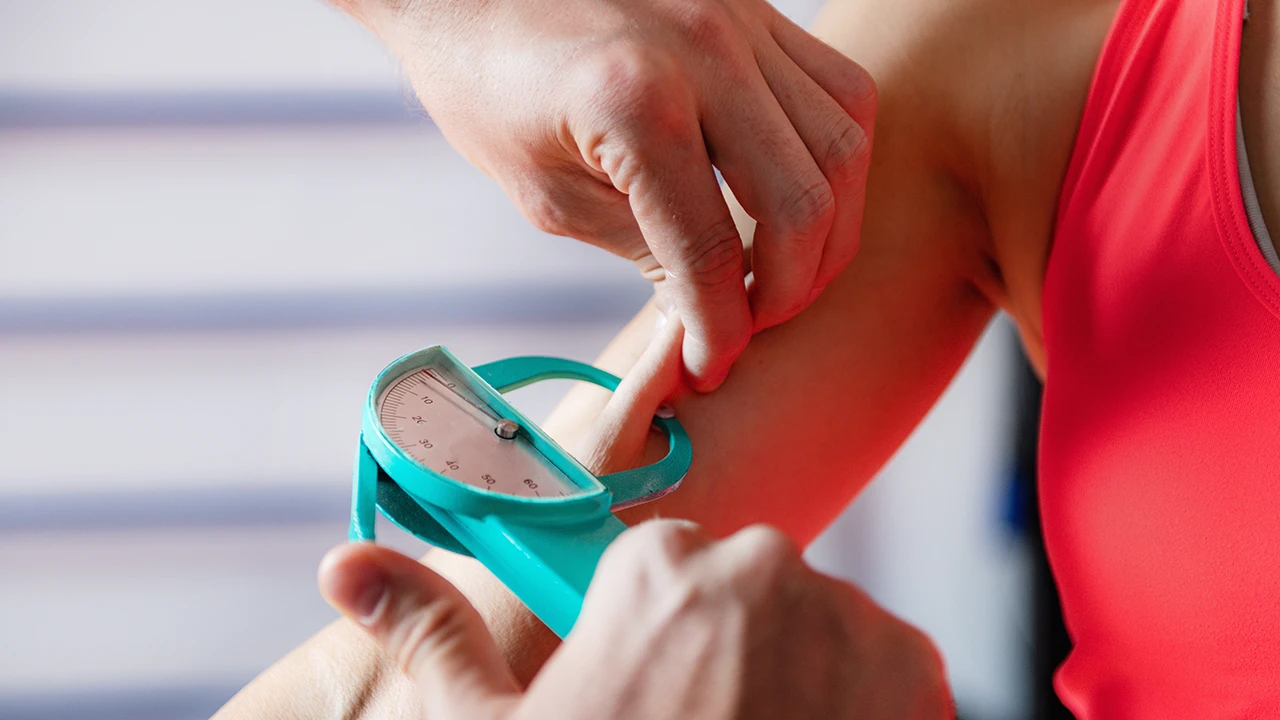Embarking on a fitness journey to lose weight and attain a healthier, more energetic body is a widespread aspiration. However, for numerous individuals, unintentionally losing muscle rather than burning fat can be a disheartening setback. If you encounter this issue, it is crucial to comprehend the underlying reasons to make necessary adjustments to your exercise regimen and dietary plan without losing motivation. Let’s delve into the factors that may contribute to a decrease in muscle mass instead of fat and explore methods to prevent muscle depletion.
Insufficient Protein Intake
One of the primary factors contributing to muscle loss is inadequate protein consumption. Protein serves as a crucial building block for muscle repair and growth, and its insufficiency can lead to the breakdown of muscle tissue. To safeguard against muscle loss, incorporate high-quality protein sources such as lean meat, dairy, eggs, fish, legumes, and quinoa into your nutritional routine. For snacks, you can go for high protein snacks like Muscle Cheff Protein Chips and Chocolates. Gaining a healthy amount of protein based on your body weight and activity level will aid in achieving consistent and effective results.
Excessive Cardiovascular Workouts
Cardiovascular exercises are essential for overall health and calorie expenditure. However, excessive cardio without incorporating resistance training, particularly when operating on a low-calorie intake, can prompt the body to utilize muscles for energy, resulting in muscle loss. To counteract this, strike a balance between cardio and resistance training. Complement your cardio workouts with strength-building exercises targeting diverse muscle groups.
Extreme Caloric Deficit
While establishing a caloric deficit is crucial for fat loss, excessively low-calorie diets may force the body to draw energy from muscles, leading to muscle depletion. To maintain a moderate caloric deficit, gradually reduce your calorie intake. Seek guidance from a nutritionist or dietitian to determine an appropriate and well-balanced caloric intake that facilitates fat loss while preserving muscle mass.
Inadequate Hydration
Adequate hydration is fundamental for overall health, and its insufficiency can adversely affect muscle function, resulting in cramps, weakness, and delayed recovery after exercise. Prioritize hydration by ensuring sufficient water intake throughout the day, especially during physical activity. Consider incorporating electrolyte-rich beverages into your routine, particularly during intense exercise, to optimize fluid balance.
In conclusion, encountering the challenge of losing muscle instead of fat is common on the journey to a healthy lifestyle. However, with strategic adjustments, this challenge can be overcome. Prioritizing protein intake, striking a balance between cardio and strength training, adopting a gradual approach to caloric deficits, and ensuring proper fluid intake are key elements to optimize your fitness journey. Remember, consistent and holistic practices are paramount for achieving lasting success in overall health and fitness.
Explore Muscle Cheff’s High-Quality Products
-
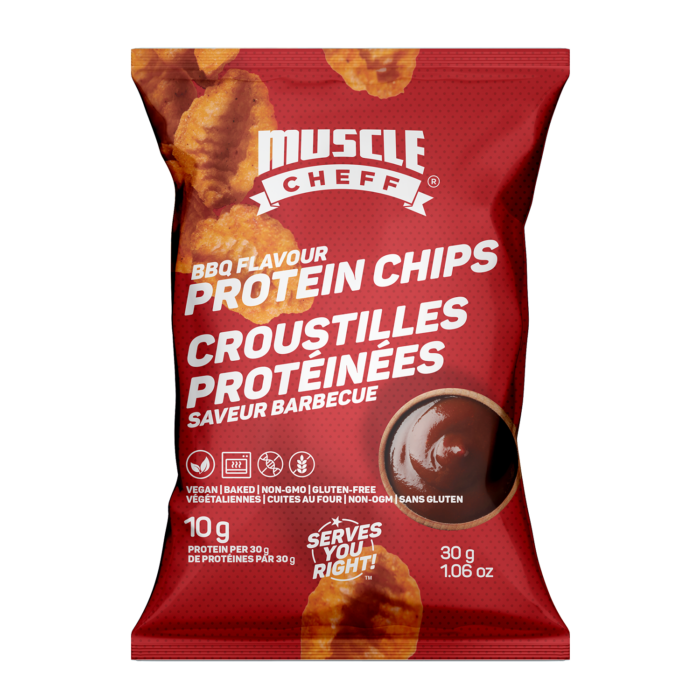 Protein Chips – BBQ Flavour$3.59 – $26.99
Protein Chips – BBQ Flavour$3.59 – $26.99 -
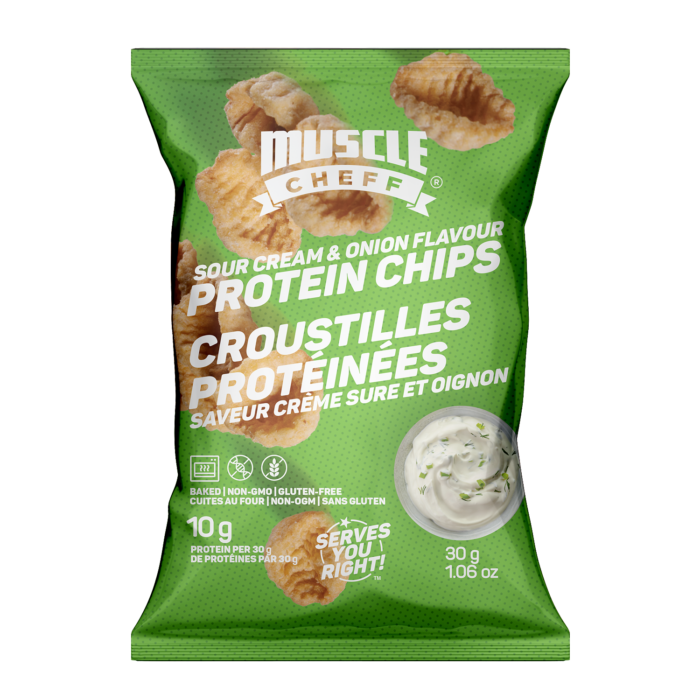 Protein Chips – Sour Cream & Onion Flavour$3.59 – $26.99
Protein Chips – Sour Cream & Onion Flavour$3.59 – $26.99 -
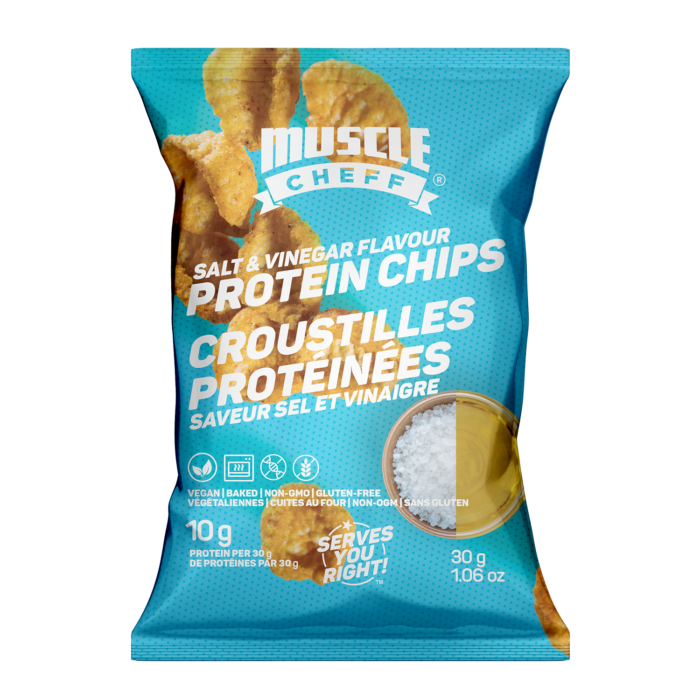 Protein Chips – Salt & Vinegar Flavour$3.59 – $26.99
Protein Chips – Salt & Vinegar Flavour$3.59 – $26.99 -
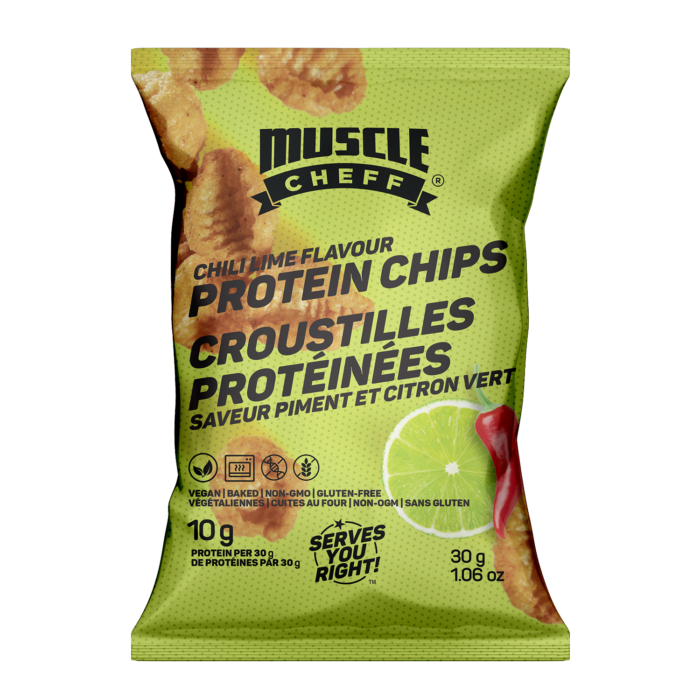 Protein Chips – Chili & Lime Flavour$3.59 – $26.99
Protein Chips – Chili & Lime Flavour$3.59 – $26.99

